Every January, people across the United States pause to remember Dr. Martin Luther King Jr., a man whose name has become synonymous with justice, equality, and the American dream. Politicians, corporations, and everyday citizens quote him freely, especially his famous line: “I have a dream that my four little children will one day live in a nation where they will not be judged by the color of their skin but by the content of their character.”
But there’s a problem. Many who quote this line today do so in a way that flattens Dr. King’s legacy, reducing him to a sanitized figure whose work, they argue, was about peace and unity above all else. Worse, some use his words to criticize contemporary social justice, “woke” movements, asking, “Why aren’t they more like Dr. King?”
The truth is, were Dr. King alive today, those same people would likely dismiss him as “woke.” They might also call him a Marxist, a radical, or a communist—just as they did during his lifetime—but they certainly not be praising him or telling others to emulate him.
The Sanitized Dr. King
For decades, Dr. King’s legacy has been carefully polished. The man who faced constant FBI surveillance, violent threats, and public vilification has been transformed into a symbol of civility and compromise. His radical calls for justice have been replaced with a single cherry-picked line from one speech.
The problem isn’t the quote itself, it’s how it’s used. People invoke it to suggest that King believed in a “colorblind” society, ignoring the fact that he spoke often about systemic racism and the need for systemic solutions. They frame him as a counter-example to today’s activists, implying that the fight for equality has gone too far.
But Dr. King’s legacy cannot be reduced to a few words. To understand who he was and why he mattered, we need to remember how he was seen in his own time and how his critics already thought he was going “too far.”
Dr. King in His Time
Dr. King wasn’t always the beloved icon we celebrate today. During his lifetime, he faced opposition from all sides, segregationists, religious leaders, and all levels of government. The following are just a few examples.
Criticisms During His Lifetime
• Jerry Falwell: Falwell, an early televangelist, accused King of “fomenting violence and discord” and claimed religious leaders should stay out of politics, saying, “Preachers are not called to be politicians but to be soul winners.” Ironically, years later, Falwell became one of the most politically active religious leaders in the country, founding the Moral Majority and campaigning for issues like banning abortion and reinstating school prayer.
• Strom Thurmond: The segregationist South Carolina senator, and one of the first to move from the Democrat to the Republican Party, repeatedly attacked King’s activism, calling his civil rights marches divisive and destructive to societal order.
Opposition to a Holiday
Even after his death, the fight to honor Dr. King with a federal holiday revealed how controversial he remained:
• Senator Jesse Helms: Helms, another segregationist Democrat turned Republican, filibustered the holiday, accusing King of “action-oriented Marxism” and citing unsubstantiated allegations of communist ties.
• President Ronald Reagan: Reagan initially opposed the holiday, citing cost concerns and responding to allegations of King’s communist ties with, “We’ll know in about 35 years, won’t we?”
• Senator John McCain: McCain voted against the holiday as a congressman in 1983, later admitting it was a mistake, but it was a very popular position in his home state of Arizona at the time.
These examples reveal that Dr. King was not the universally beloved figure many claim he was. The same people—or their ideological descendants—who resisted him then now quote him selectively, often to criticize movements that align closely with his own values.
Dr. King’s Radical Legacy
It’s important to acknowledge that Dr. King held positions that some might consider radical. His opposition to the Vietnam War, for instance, alienated many allies. His calls for economic justice and criticisms of capitalism were controversial then and remain so today.
But these positions were not the heart of his activism. Most of Dr. King’s work was focused on something far simpler: ensuring that African Americans were afforded the same basic rights as everyone else.
• He fought against lynching and racial violence.
• He demanded voting rights and an end to segregation.
• He insisted that the promises of the 13th, 14th, and 15th Amendments—the bedrock of what Lincoln called, “A new birth of freedom”—be followed and fulfilled.
These weren’t fringe ideas. They were fundamental principles of what America claims to be. Yet, it was for these demands that he was vilified, surveilled, and ultimately assassinated.
Today, the term “woke” has become a catch-all insult for anyone fighting for equity and justice. But if fighting for equality under the law and opposing racial terror is radical, or “woke,” then Dr. King was woke long before the word existed.
The “Woke” Label and Its Misuse
Critics of social justice often point to extreme or silly examples to dismiss an entire movement. But those examples don’t represent the vast majority of people fighting for progress, just as fringe elements like the Nation of Islam did not represent the Civil Rights movement in Dr. King’s time.
The term “woke” has been weaponized in the same way terms like “communist,” “socialist,” or “agitator” were used to dismiss King and his allies. It’s a way to discredit anyone pushing for systemic change without engaging with the substance of their arguments. And the rightwing anti-woke crowd is every bit as conformist as the most conformist members of the leftwing woke crowd they claim to deplore.
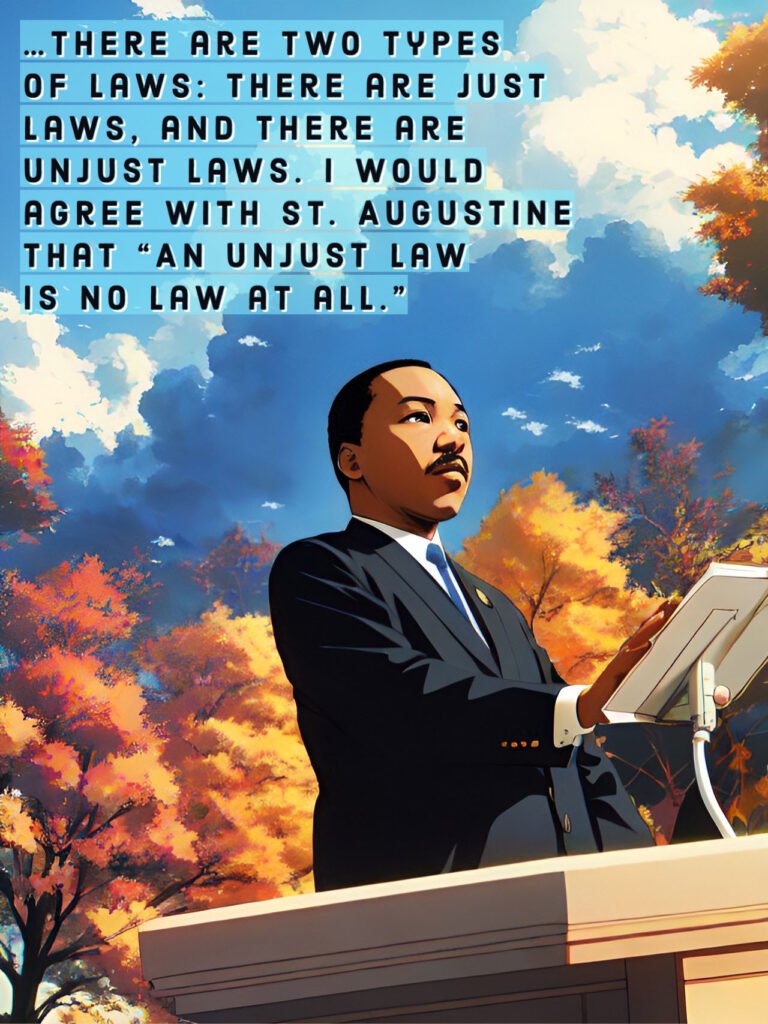
but it can also be necessary at times to do so.
Dreaming vs. Doing
Dr. King’s dream is a beautiful and enduring vision, but focusing on the dream without understanding the struggle behind it leads nowhere. We can’t skip over the pain, the resistance, and the history of injustice and expect the dream to simply manifest.
Imagine saying, “I have a dream of becoming a doctor,” but refusing to study, train, or understand medicine. Or dreaming of playing in Major League Baseball but never finding time to practice. That’s how too many people approach King’s legacy: they love the dream, but they don’t want to engage with the hard work, sacrifices, and uncomfortable conversations that come with it.
Dr. King fought for something very basic: that African Americans should have the same rights as everyone else. His work highlighted the deep and persistent barriers to equality, barriers that weren’t simply individual attitudes but embedded in the rules and norms of the time. Yet, too often, White Americans keep telling themselves, “We’ve gone far enough,” even as Black Americans continued to face discrimination and violence. It is what they told Dr. King, it was even what they told Frederick Douglass. It is long past time for White America to stop deciding where we are at and start asking others why they do not agree. Looking at MLK’s full legacy may help to begin that process.
If we truly want to honor Dr. King, and do something to make his dream come true, listen to his full “I have a Dream” speech and read his Letter from Birmingham Jail, then go from there. Make an effort to grapple with the history of resistance to change, acknowledge the ongoing disparities, and commit to the work that remains unfinished. And stop dismissing everything as “woke.” Only then can we move closer to making his vision a reality. We can do nothing by pretending we’ve already arrived at the promised land.

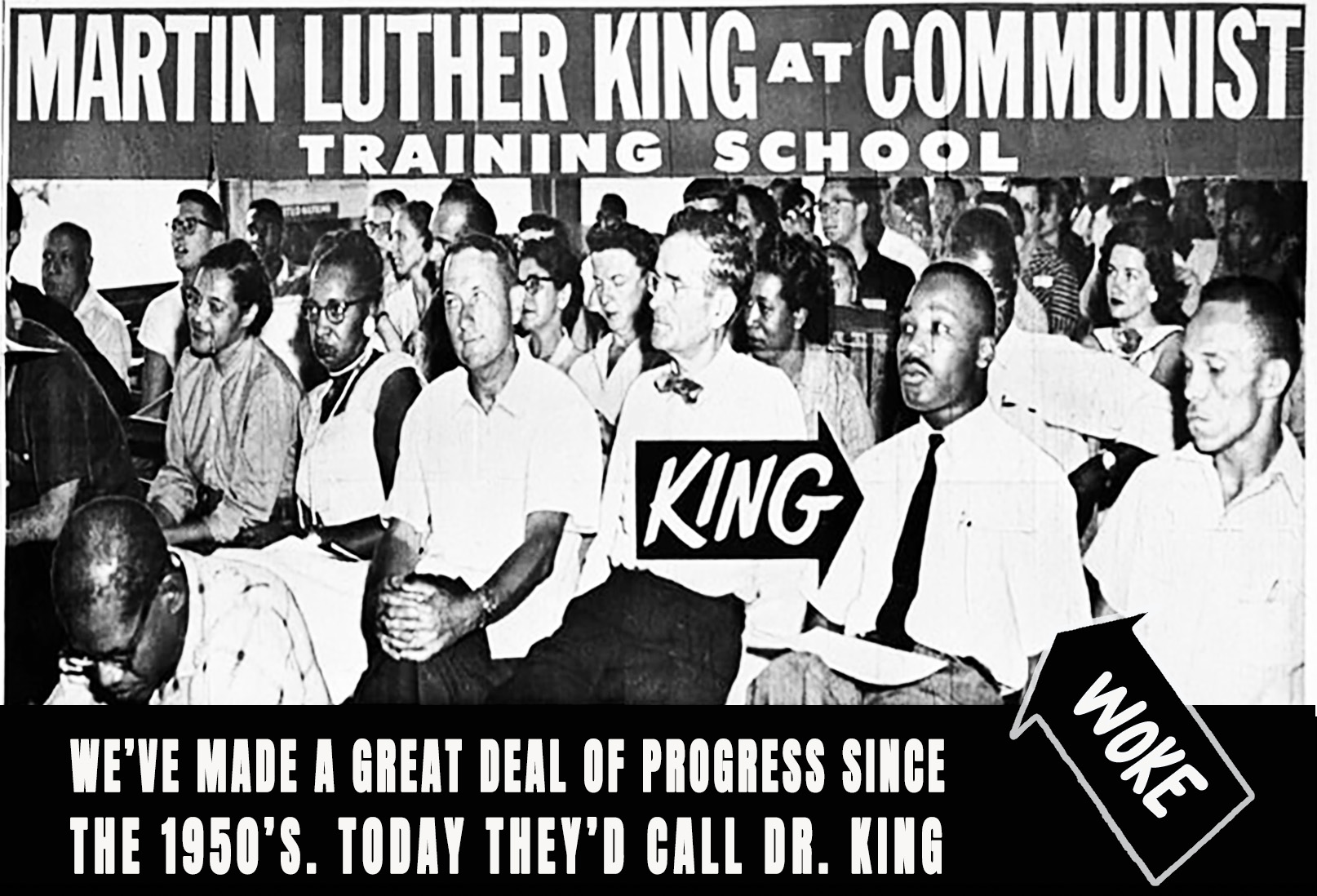



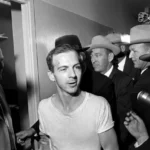
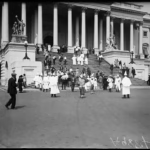
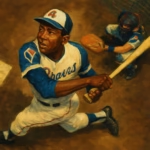


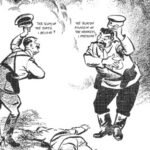


Leave a Reply